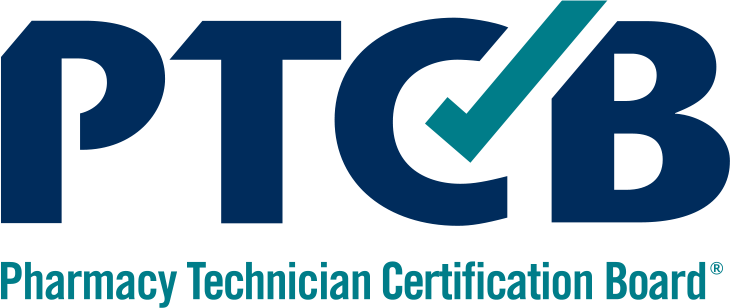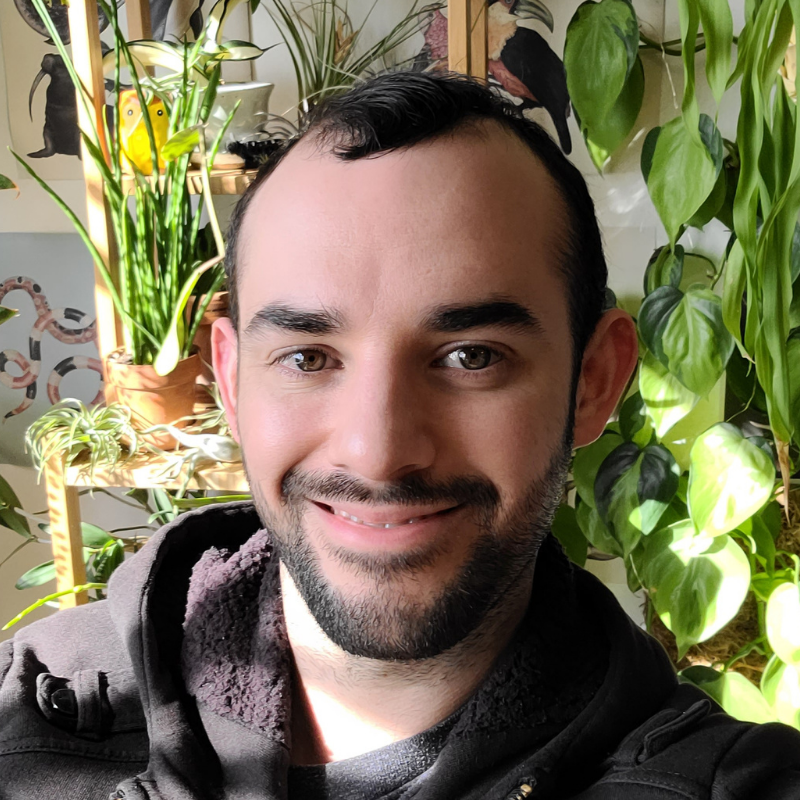I would say that people coming to the pharmacy are emotionally vulnerable when we see them. We don’t know what has happened in their lives leading up to our interaction. They might have been up all night at the ER, waiting to see someone, finally getting a prescription. The pharmacy is their last stop before returning home.
I have had patients who will get overwhelmed when I carry out what would seem, to most, a normal transaction. One such patient, on medications that are often used to transition, had two different names listed on record. One name was recorded in the name field, the other in the address field, with no other clarifying comments or notes.
To confirm, I asked: “What would you like to be called?” At that moment, the patient burst into tears, and said, “No one has ever asked me this, you are the first person who has. — The doctor’s office never asked me this. No one.”
I started to cry too.
There is a disconnect between what the legal and bureaucratic system records about an individual, and the knowledge we gain of the same individual through personal interaction. Insurance companies only recognize what is on a social security record, not who we are.
While still aligning with the system, we can have human decency with a transitioning patient and be able to recognize their individuality. We still must operate in the system as it functions. On the insurance claim I must use a dead name. However, in person I know this patient’s true name and it is the only name I use to greet them.
Within our communities people use chosen names for a myriad of reasons. So we ask, “What do you want to be called?”
In a pharmacy setting we have an opportunity to develop a rapport with patients. A good number of them we see on a regular basis. However, in other clinical settings I only have the one opportunity to connect with patients.
As a Medical Reserve Corps member and Disaster Healthcare Volunteer, I am deployed to mass vaccination Point of Dispensing (POD) sites and underserved community locations. There I serve in any capacity up to the full scope of my license, helping where help is needed. Working with pharmacists and clinicians, I typically prepare hundreds of syringes, record doses, complete vaccination records, and conduct post-vaccine observation for up to 1,000 patients per day. In these circumstances I still strive to see each individual and engage anew.
I have earned PTCB Certificates in Medication History, Technician Product Verification, Controlled Substance Diversion Prevention, Billing and Reimbursement, and Immunization Administration, qualifying me for CPhT-Adv Certification. Each one is more than an achievement; it is a true asset in daily technician practice.
– Jeffrey Samuelson, CPhT-Adv
Contract Pharmacy Services Specialist, TotalMed, Alameda, CA; Member, Alameda County Medical Reserve Corps; PTCB Item Writing Mentor

